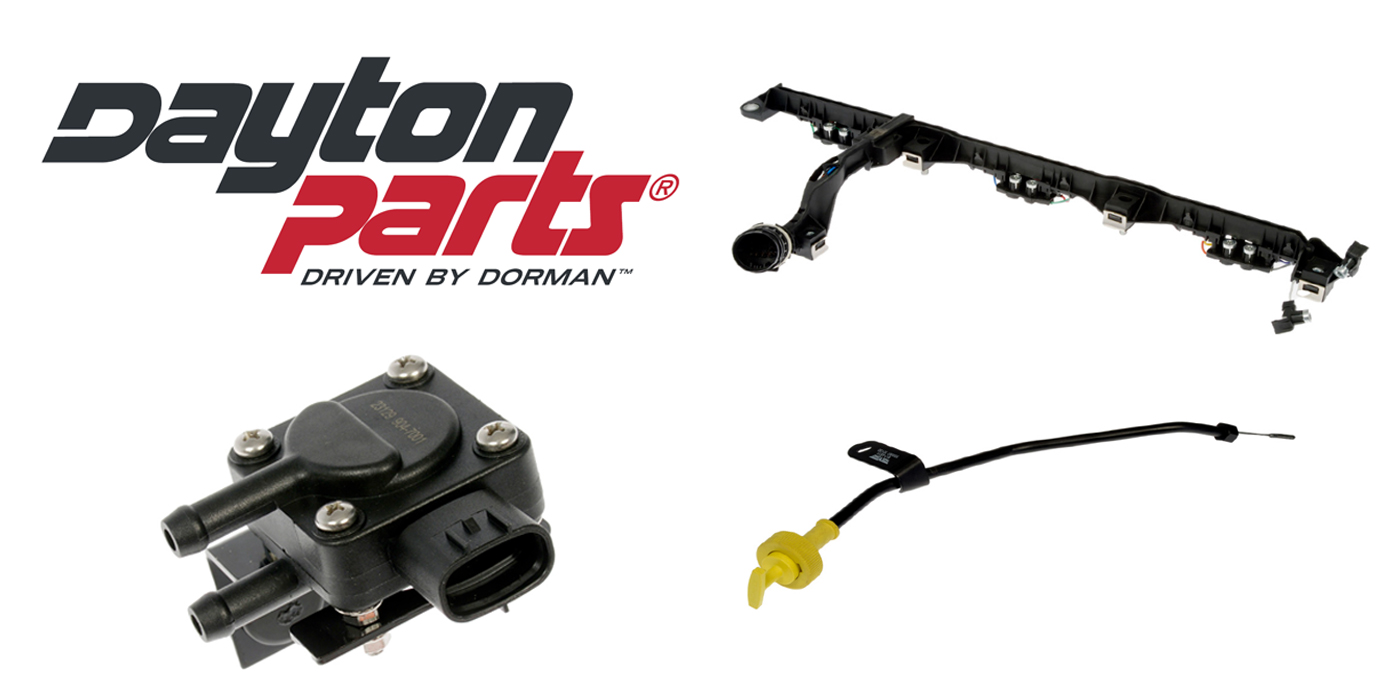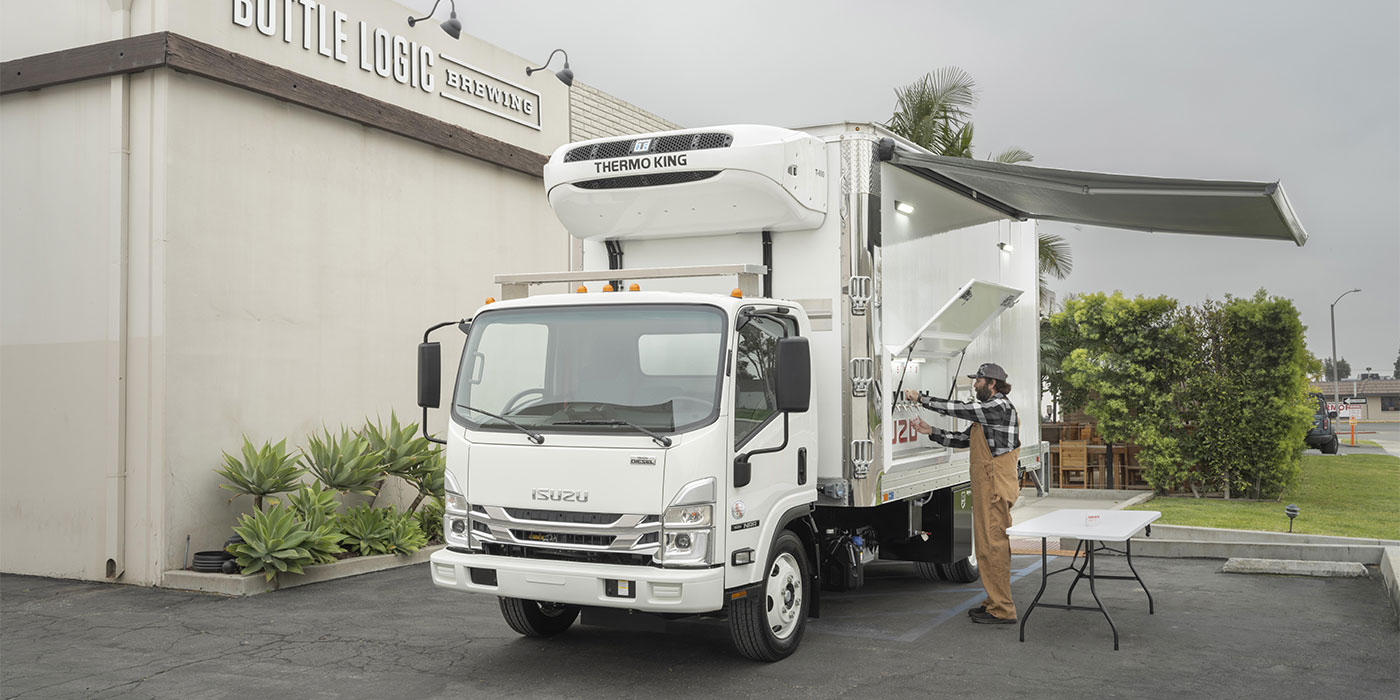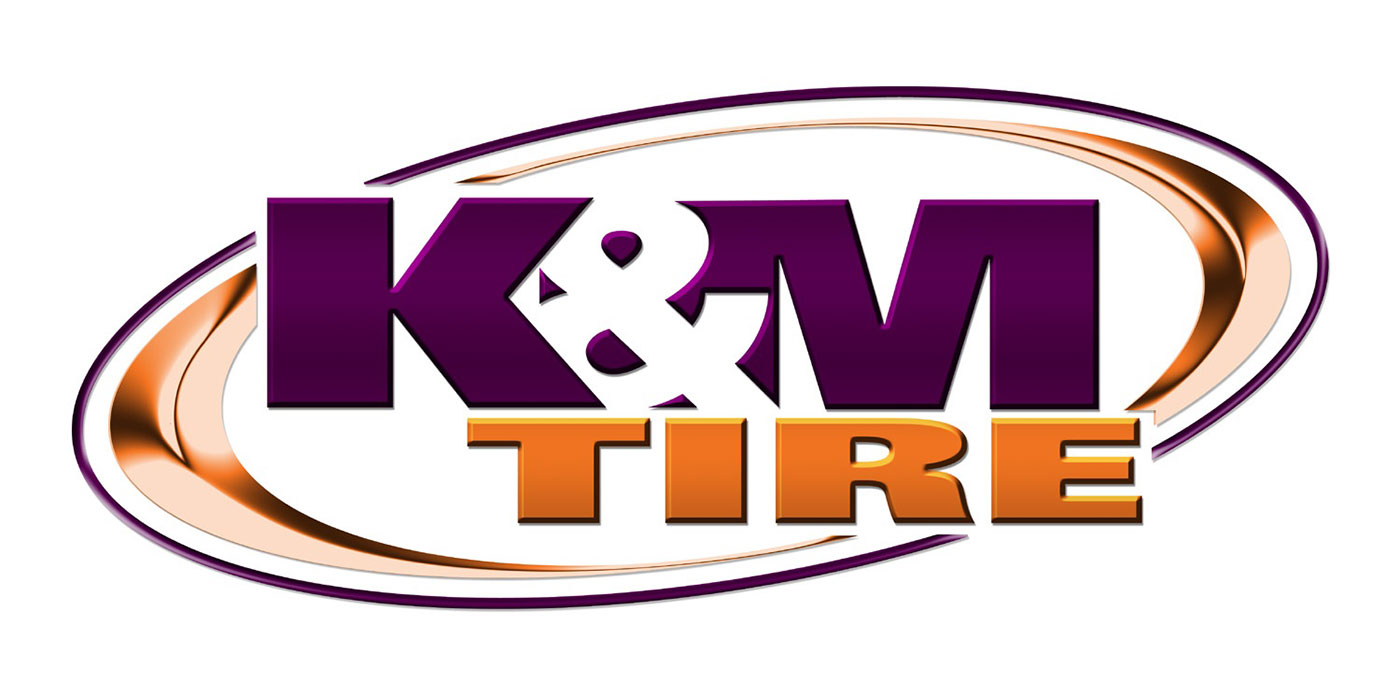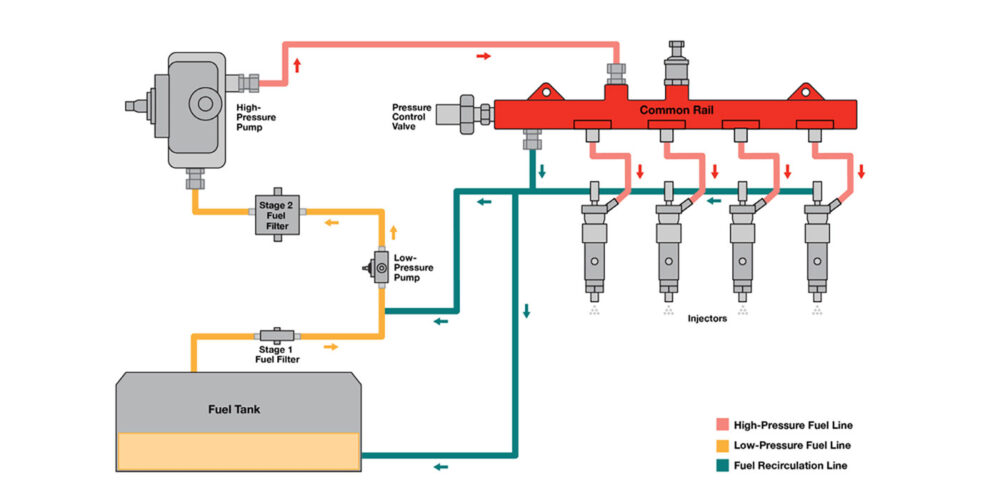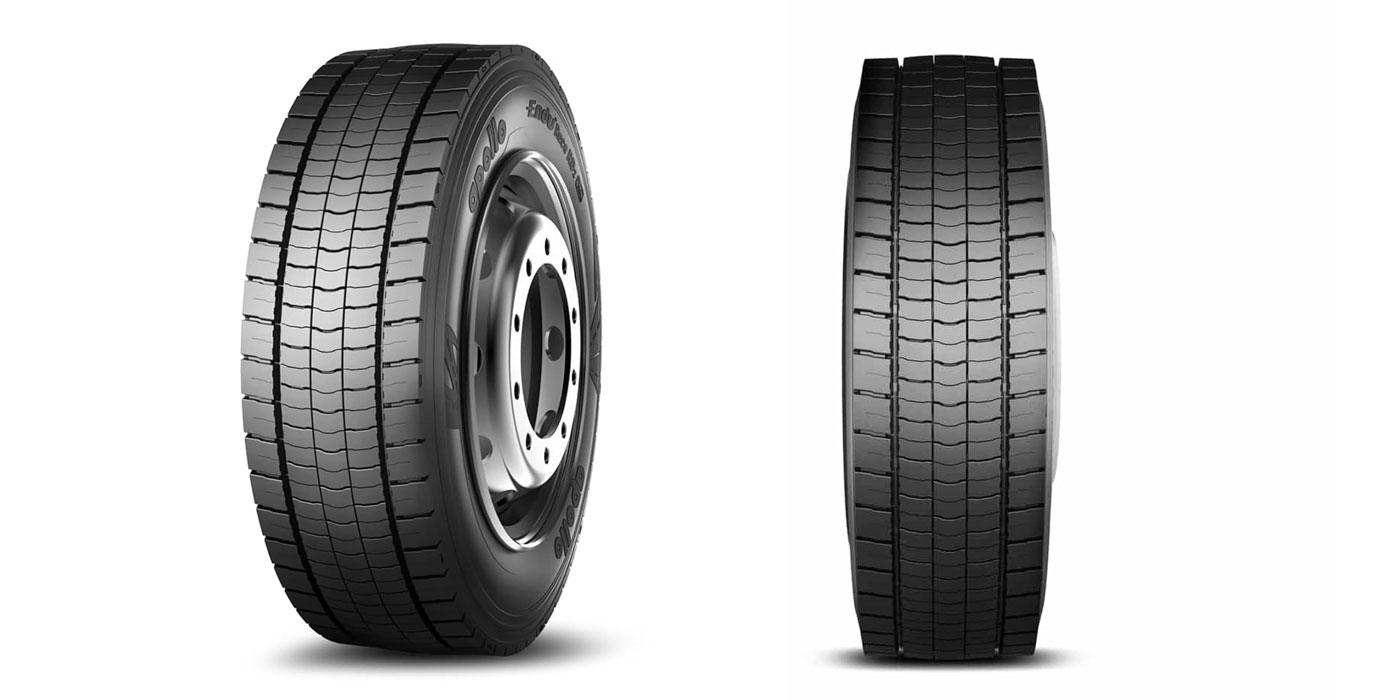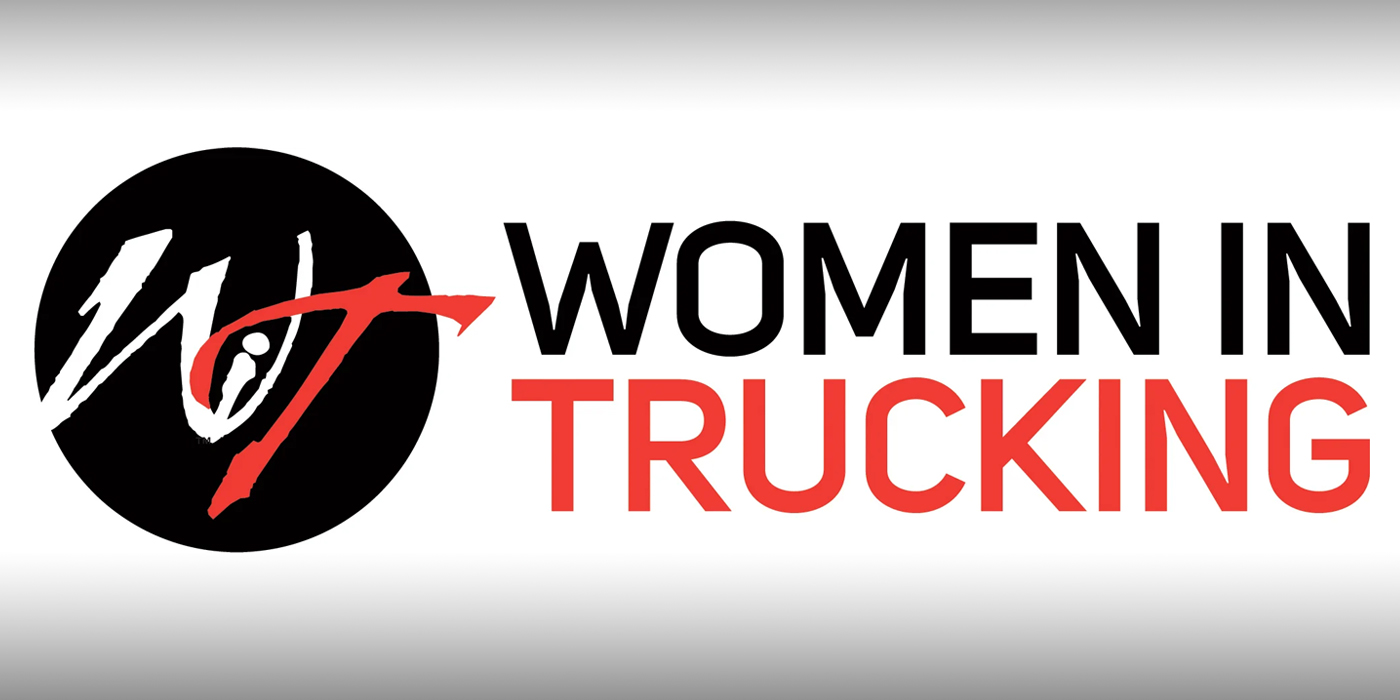Truck maintenance may often seem like a balancing act. Thisis especially true with new technology, components, environmental regulationsand supplier consolidation.
Tires, wheels and related accessories, although technicallyadvanced in their own right, are generally considered mature products and havebecome relatively trouble-free. They can sometimes be taken for granted.Imagine the surprise when these normally reliable components suddenly becomeresponsible for unexpected downtime.
Several examples, both involving truck tire valves, haverecently shown that even the most typically trouble-free components can’t betaken for granted. Fortunately, a quick response from fleets identifying issuesand suppliers addressing productdifferences contained potential problems.
In the first instance, a supplier contracted with anoffshore manufacturer to supply valves having the same industry standardizedidentification and application as others in widespread use. The American-basedmarketer likely had the best intentions of providing a quality product at alower cost, so this wasn’t a case of counterfeit parts or an attempt to provide“will fit or replace” parts at bargain prices. The basic valve func-
tioned just fine, but when bending the stem duringmanufacturing to the correct angle to provide clearance or inner tire accessfor inflation, the new supplier used equipment that thinned the outer wallthickness to the point of causing porosity and leaks. This procedure differedfrom the traditional mandrel bending that maintains wall thickness for both theinner and outer walls. The comparison is similar to in-shop shaping of exhaustpipes with different types of bending equipment.
In an unrelated example, an offshore manufacturer apparentlymisinterpreted a long-standing industry drawing for rubbersnap-in passenger tire valves as applying to metal truck tire valves, whicheliminated several internal machining steps. As a result, the long valve cores(versus short cores typically used in light truck applications) commonly usedin both tube-type and tubeless truck tires, simply didn’t seal reliably. Theselong cores are nearly universally recommended whenever internal materials, suchas sealants, balancers, or dampening agents are used. On initial inflation,tires may appear sealed, but since internal inflation pressure is the onlyforce keeping the valve seated, leaks are inevitable. This is especially trueat highway speeds, as centrifugal force tends to open the valve, bleeding airfrom the tire.
In another instance, a fleet was experiencing prematureshoulder wear on steer tires. Close tire inspections showed the effects of achassis side thrust, normally caused by mis-aligned drive axles. However, analignment check showed all settings to be well within specification. The tirewear symptoms were caused by torque rod bushings that were much more compliantthan original equipment ones. This allowed the drive axles to shift out ofalignment dynamically when under torque, a condition aggravated by modern, morepowerful engines. Solutions included assuring more stable bushings in futurereplacement parts purchases or deliberately mis-aligning the trucks statically,a risky process.
It’s unlikely that any of the examples noted aboveresulted from deliberate intent to provide unsatisfactory products. We live andwork in an environment that is increasingly global, including the selection ofmanufacturing facilities. Communication among technical people in differentcountries isn’t always clear. I sometimes wonder if complex products andmanufacturing operations receive the same intensive attention as the moremundane items do. From a fleet perspective, few things can be taken for grantedthese days, and it’s essential to get responsive suppliers involved as early aspossible to minimize your exposure to unscheduled downtime and addedexpenses.

